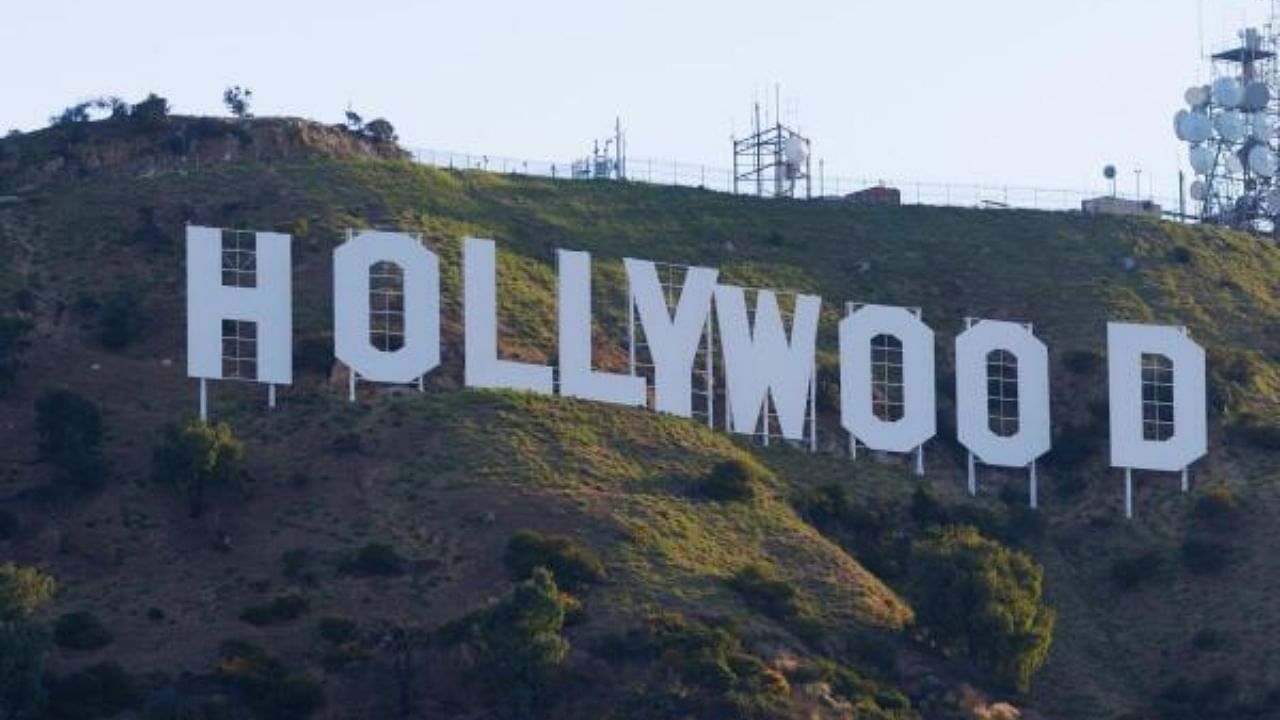
The Hollywood actors’ union approved a strike on Thursday for the first time in 43 years, bringing the $134 billion American movie and television business to a halt over anger about pay and fears of a tech-dominated future.
The leaders of SAG-AFTRA, the union representing 160,000 television and movie actors, announced the strike after negotiations with studios over a new contract collapsed, with streaming services and artificial intelligence at the centre of the standoff. On Friday, the actors will join screenwriters, who walked off the job in May, on picket lines in New York, Los Angeles and the dozens of other American cities where scripted shows and movies are made.
Actors and screenwriters had not been on strike at the same time since 1960 when Marilyn Monroe was still starring in films and Ronald Reagan was the head of the actors’ union. Dual strikes pit more than 170,000 workers against old-line studios like Disney, Universal, Sony and Paramount, as well as tech juggernauts like Netflix, Amazon and Apple.
“I am shocked by the way the people that we have been in business with are treating us!” Fran Drescher, the president of SAG-AFTRA, as the actors’ union is known, said at a news conference on Thursday in Los Angeles.
Many of the actors’ demands mirror those of the writers, who belong to the Writers Guild of America. Both unions say they are trying to ensure living wages for workaday members, in particular those making movies or television shows for streaming services.
Screenwriters are afraid studios will use AI to generate scripts. Actors worry that the technology could be used to create digital replicas of their likenesses (or that performances could be digitally altered) without payment or approval.
The Alliance of Motion Picture and Television Producers, which bargains on behalf of Hollywood companies, said it had worked to reach a reasonable deal.
“The union has regrettably chosen a path that will lead to financial hardship for countless thousands of people who depend on the industry,” the alliance said in a news release that outlined 14 areas where studios had offered “historic” contract improvements. Those included, according to the alliance, an 11 per cent pay increase in the contract’s first year for background actors, stand-ins and photo doubles and a 76 per cent increase in residual payments for “high-budget” shows that stream overseas.